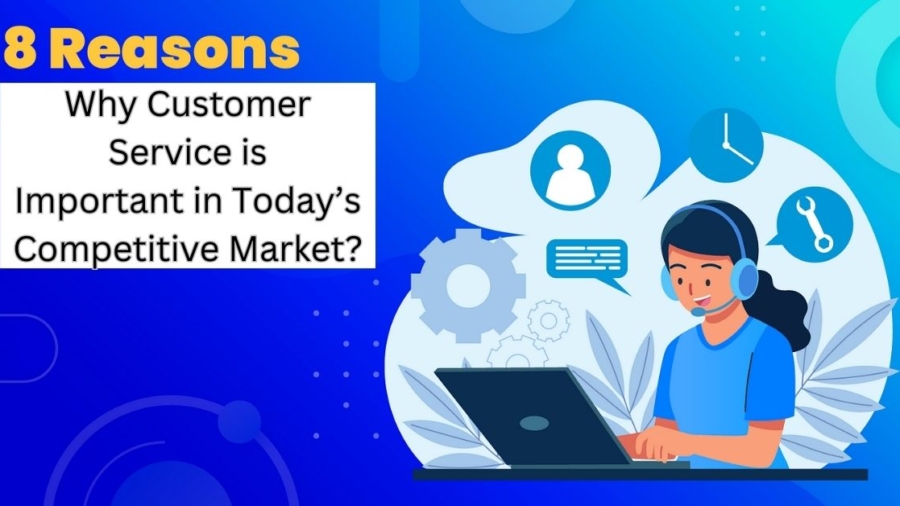Choosing digital marketing as a career is a smart move because it’s a fast-growing field with many opportunities. It allows you to work with the latest technology and creative tools, often from anywhere. Digital marketing also offers diverse job roles from social media management to data analysis. Plus, it provides the chance to make a real impact on businesses and brands. Now I am going to tell you about why I choose digital marketing as a career.
What is Digital Marketing?
Digital marketing involves using online tools and platforms to promote products or services. It includes various activities like:
- Social Media Marketing: Promoting through platforms like Facebook, Instagram, and Twitter.
- Search Engine Optimization (SEO): Improving website visibility on search engines like Google.
- Content Marketing: Creating and sharing valuable content to attract and engage customers.
- Email Marketing: Sending targeted messages to potential or existing customers.
- Pay-Per-Click (PPC) Advertising: Running ads on search engines or websites where you pay for each click.
- Affiliate Marketing: Partnering with others to promote your products and earn a commission.
Overall digital marketing leverages the internet and digital channels to reach and interact with a target audience.
Why is Digital Marketing Important?
Digital marketing is important because it helps businesses reach a large number of people online. It is usually more affordable than traditional marketing and can target specific groups of people based on their interests and behaviors.
By iterating with digital marketing you can easily track how well your campaigns are doing and make changes quickly if needed. Different companies are using these digital channels to reach out to their audience and buyers because that’s where they can be found.
When comparing traditional marketing and digital marketing, digital marketing is far less expensive and the data from the marketing campaign can be effectively tracked and analyzed, this makes online marketing a viable option for most businesses.
Reasons to Choose Digital Marketing as A Career:
Digital marketing helps you get acquainted with a standard skill set that would be beneficial for you in the workplace. They would not only add value to your resume but help you market yourself in the best possible manner. You should opt for a career in digital marketing because of the following reasons:
1. High Demand for Skills
- Growing Industry: As more businesses move online, the demand for digital marketing professionals continues to rise. This trend ensures ample job opportunities and career stability.
- Diverse Opportunities: Roles range from SEO specialists and content marketers to social media managers and data analysts, offering a wide array of career paths.
2. Dynamic and Ever-Evolving Field
- Continuous Learning: Digital marketing is fast-paced and constantly changing, which means you’ll always be learning and adapting to new tools, platforms, and strategies.
- Innovation: You’ll have the opportunity to work with cutting-edge technologies and innovative approaches, keeping your work exciting and fresh.
3. Creative and Analytical Balance
- Creative Expression: You can use creativity to craft compelling content, design engaging campaigns, and develop unique brand strategies.
- Data-Driven Decisions: You’ll also work with data to analyze campaign performance and make informed decisions, balancing creativity with analytical skills.
4. Flexibility and Remote Work Options
- Work from Anywhere: Many digital marketing roles offer flexibility and the potential for remote work, allowing for a better work-life balance.
- Freelance and Consulting Opportunities: Beyond full-time positions, there are ample freelance and consulting opportunities in digital marketing.
5. Impactful Work
- Direct Results: Digital marketing provides measurable results. You can see the direct impact of your campaigns on traffic, conversions, and revenue, which can be highly satisfying.
- Brand Influence: You’ll play a key role in shaping a brand’s online presence and connecting with audiences on a deeper level.
6. Career Growth and Advancement
- Professional Development: There are numerous resources, certifications, and courses available to help you advance your skills and career.
- Leadership Opportunities: As you gain experience, there are opportunities to move into managerial roles or start your agency or consultancy.
For more about digital marketing growth read article: Digital Marketing Growth in Pakistan

FAQS:
Why should I choose digital marketing as a career?
Digital marketing is exciting because it’s always changing, which means you’ll keep learning new things. It also offers many job opportunities, allows you to work from anywhere, and lets you use both creative and analytical skills.
What makes digital marketing as a career choice?
Digital marketing is a good choice because it’s a growing field with lots of job opportunities. It’s exciting and always changing, so you’ll keep learning new things. Plus, you can use both creative and technical skills.
What kinds of jobs are available in digital marketing as a career?
You can find roles like social media manager, content creator, and SEO specialist. Each job focuses on different ways to promote businesses online. There are also opportunities in email marketing and digital advertising. The variety of roles lets you choose what interests you.
Do I need special training to start in digital marketing as a career?
You don’t need a specific degree, but taking online courses can help. Certifications and practical experience are also important. Many people learn through hands-on projects or internships. These steps can prepare you for a successful career.
Conclusion:
Choosing digital marketing as a career can be a smart move because it’s a growing field with many opportunities. It’s exciting and always changing, so you’ll keep learning new things. You can work from home and use both creative and analytical skills. Plus, there are various roles to match your interests, and you don’t need a special degree to start. Overall, digital marketing offers a flexible, dynamic, and rewarding career path.










